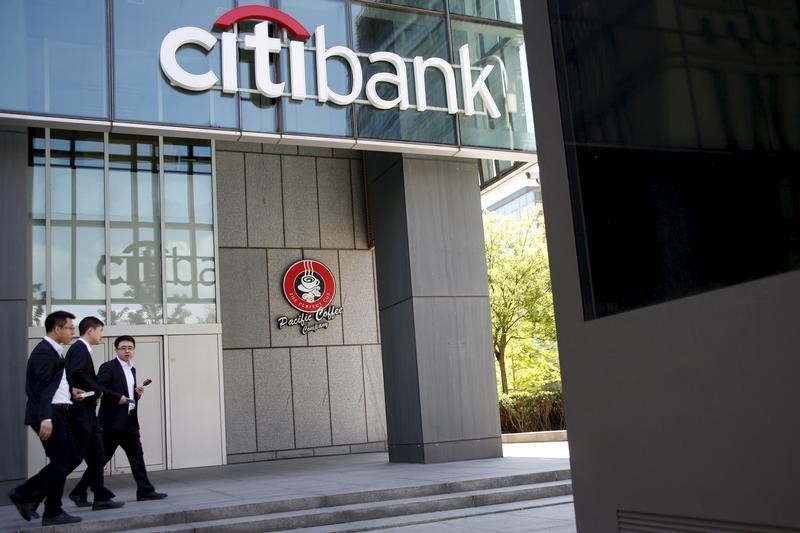SINGAPORE - United Overseas Bank (OTC:UOVEY) Limited (UOB) has concluded the acquisition of Citibank N.A.'s consumer banking business in Indonesia, completing a series of divestments by Citi across Asia. This transaction is part of Citi's broader strategy to streamline its operations that began in 2021, focusing on its institutional businesses in the region.
The deal, which includes retail banking and credit card services, provides Citi with a $1.1 billion regulatory capital benefit. This marks Citi's ninth exit from its consumer banking operations in Asia as it moves towards its goal of withdrawing from fourteen markets worldwide.
Titi Cole, CEO of Legacy Franchises at Citi, praised the collective efforts of the teams involved in this extensive transition process. The sale of the Indonesian consumer unit follows last month's divestiture of Citi's China retail wealth business to HSBC (LON:HSBA), further demonstrating the bank's commitment to its strategic refresh.
Batara Sianturi, CEO of Citi Indonesia, underscored the bank's intent to expand its institutional business within Indonesia post-sale. Meanwhile, Citi continues to progress with its global strategy. Ongoing operations are winding down in China and Korea, with an initial public offering (IPO) planned for Mexico's consumer banking arm and a renewed exit process underway for the Polish consumer banking sector.
The acquisition by UOB represents a significant step for the Singapore-based bank as it enhances its presence in Indonesia and strengthens its Southeast Asian footprint, which already includes successful divestments from Malaysia and Thailand since November 1, 2022, and Vietnam as of March 1, 2023.
This series of transactions underscores a shifting landscape in Asian banking, where regional players like UOB are scaling up their consumer businesses as global banks like Citi recalibrate their focus towards more profitable sectors.
InvestingPro Insights
As United Overseas Bank (UOB) and Citibank (Citi) navigate this strategic shift, InvestingPro provides valuable insights.
From UOB's perspective, despite weak gross profit margins and low price volatility, the bank has a strong track record of maintaining dividend payments for 32 consecutive years. This could appeal to investors seeking stable returns. Additionally, the bank is trading near its 52-week low, which may present a buying opportunity.
On Citi's side, while the bank is experiencing a declining trend in earnings per share and poor earnings and cash flow that may force dividend cuts, it has seen accelerating revenue growth. This suggests that its strategy to streamline operations and focus on institutional businesses could be starting to pay off.
In terms of real-time InvestingPro data, UOB has a market cap of 34.1B USD and a P/E ratio of 8.39 as of Q3 2023. Its revenue for the last twelve months as of Q3 2023 was 9435.44M USD with a growth of 27.1%. Citi, on the other hand, boasts a larger market cap of 86.81B USD and a lower P/E ratio of 7.09 as of Q3 2023. Its revenue for the same period was considerably higher at 72.55B USD, but with a slower growth rate of 2.33%.
These are just two of the many InvestingPro Tips available to subscribers. Currently, InvestingPro is offering a special Black Friday sale, with discounts of up to 55% on subscriptions. This provides access to a wealth of additional tips and data, helping investors make informed decisions.
This article was generated with the support of AI and reviewed by an editor. For more information see our T&C.
